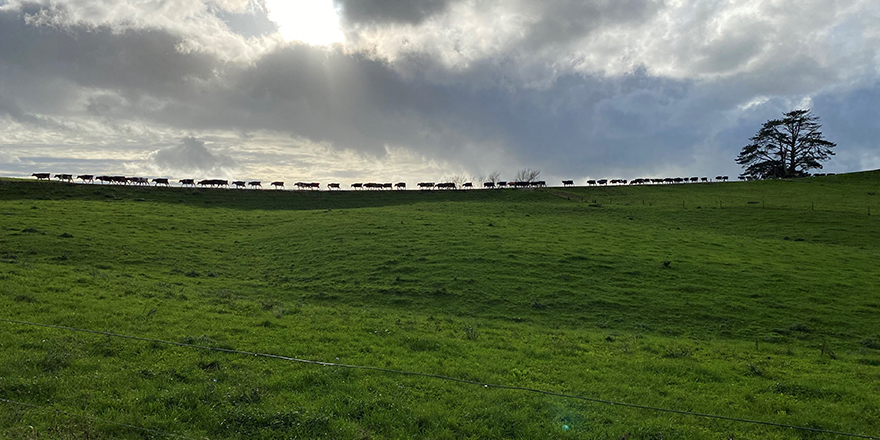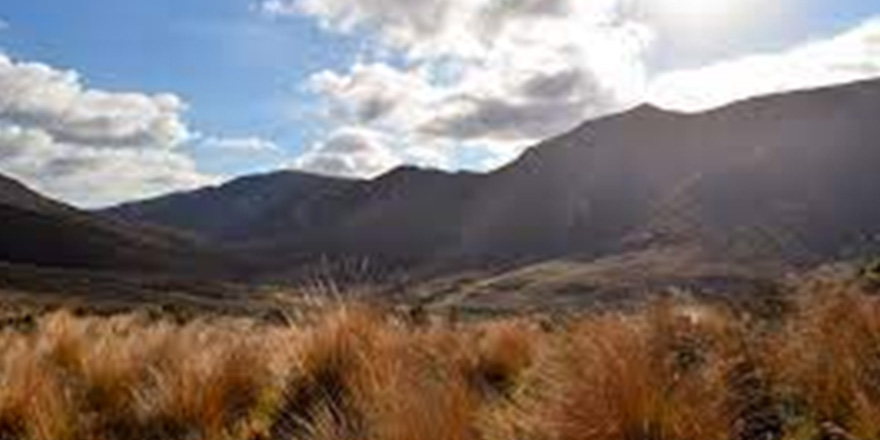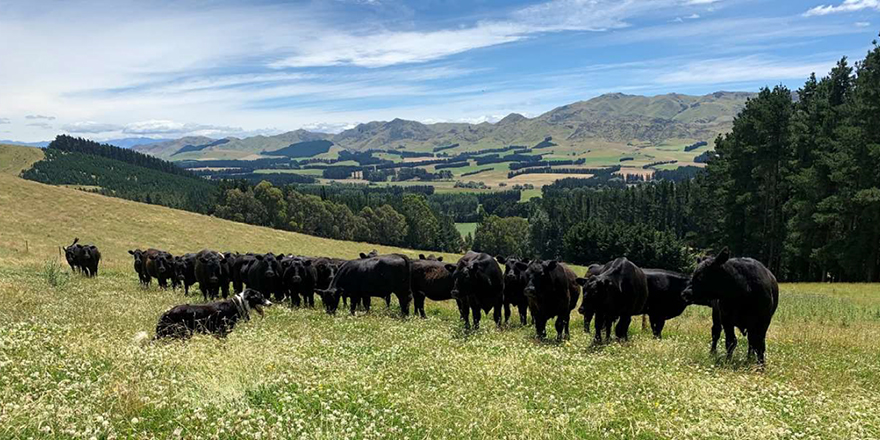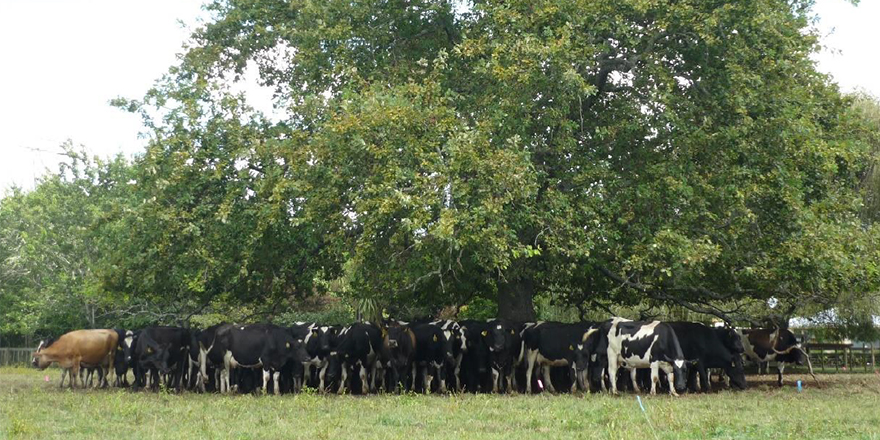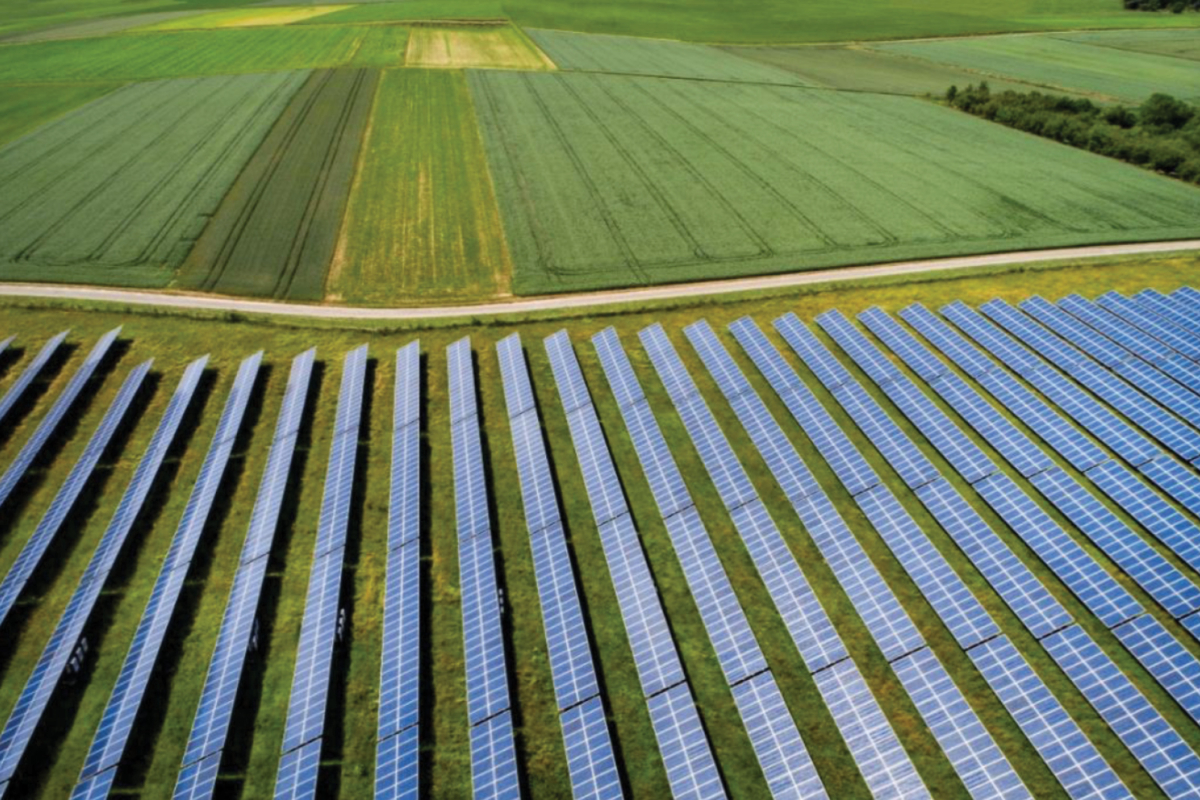
Executive summary
Aotearoa New Zealand (NZ) has attracted significant interest as a potential location for solar farming in recent years. Solar panels located on land presents both opportunities and challenges to conventional pastoral farming systems.
This report investigates the challenges and opportunities of solar farming as a potential diversification strategy for drystock farming (beyond just self-sufficiency for powering homes or farm energy demands). The objectives of this study were to:
- Investigate and analyse the current challenges and opportunities in NZ.
- Inform policy makers, drystock farmers, and other agricultural stakeholders about the potential implications of integrating solar farming as part of a diversified farm strategy, and
- Propose future recommendations for industry, Government, and drystock farmers looking to potentially diversify with solar farming.
A literature review was undertaken to understand existing knowledge. To gain a better understanding in a NZ context, thirteen semi-structured interviews were completed. An inductive thematic analysis method was used to interpret themes in the context of Rogers diffusion of innovations theory.
Findings reveal that solar farming has potential to be a viable diversification strategy, however, based on location and network limitations, it will not be a silver bullet solution for every drystock farmer. For farmers that can viably consider it, lease terms with solar development companies can provide significant returns compared to traditional drystock farming. Agrivoltaics has potential to address environmental, economic and social effects associated with solar farming. However, it needs to be appropriately managed through regulation and collaboration, to address challenges and optimise solar integration with NZ agriculture.
Recommendations for industry and Ministry for the Environment, Ministry for Business, Innovation and Employment, and Ministry for Primary Industries include:
- NZ based research to inform policy and challenges and opportunities for NZ pastoral systems and climate. Investment in research is needed.
- Development of publicly available resources for both drystock farmers and communities. This should include a guide to solar farming and agrivoltaics for farmers, which should share learnings of solar farming and agrivoltaics to date in NZ. There is also a need for resources including performance standards.
For drystock farmers specifically, recommendations include:
- Having clarity on long-term aspirations for farming operation and community.
- Having discussions with developers, or local Electricity Distribution Business.
- Due diligence is important, such as finding a developer that aligns with aspirations, and seeking legal and financial advice where appropriate.
- Thinking about how diversification with solar may change management practices moving forward and talking to other farmers to understand the practicalities of going down this path.
Jesse Brennan

